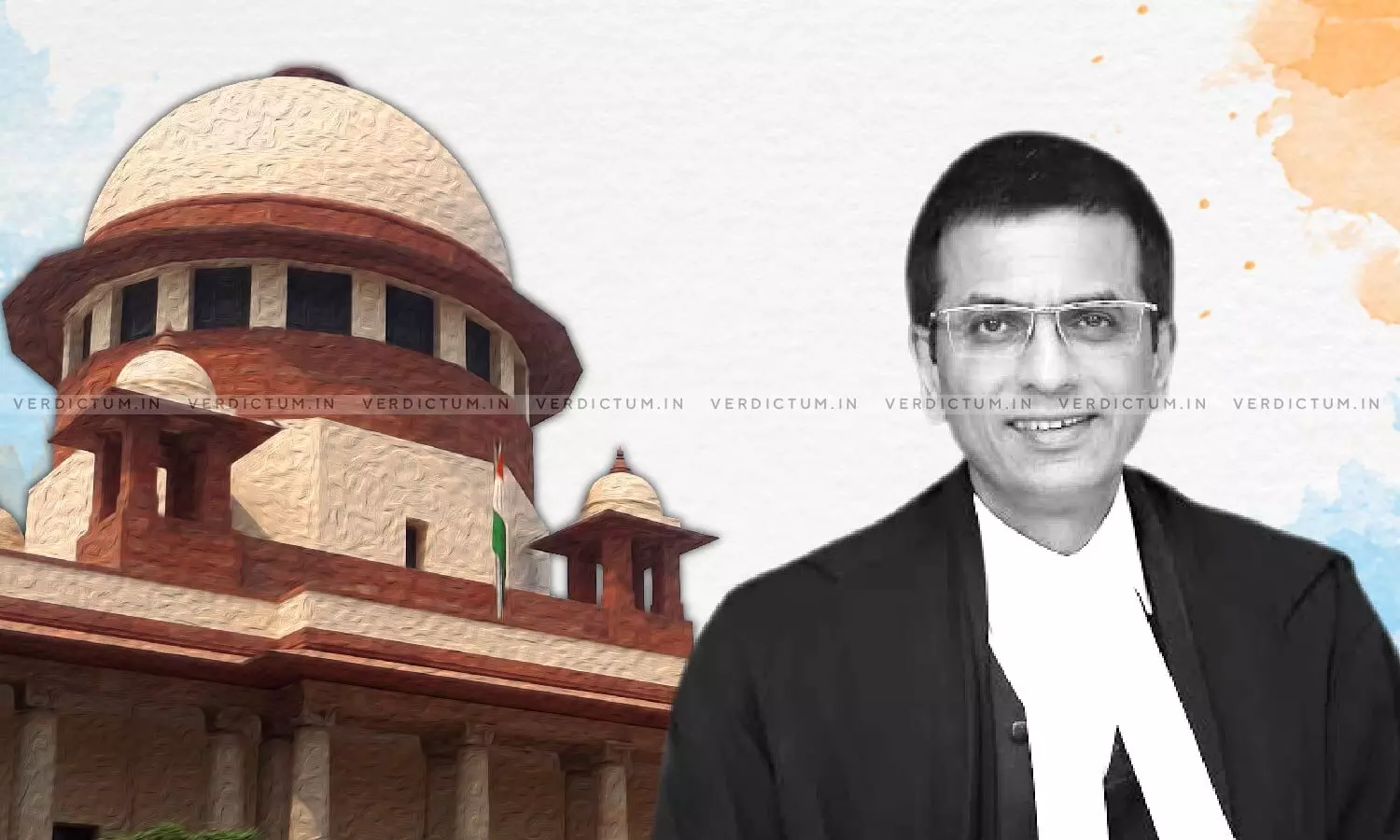
'Sources' In Supreme Court: How Collegium Discussions And Decisions Are Being Leaked To Media
 |
|Today morning a journalist tweeted that the Supreme Court collegium had on Wednesday recommended the transfer of the Acting Chief Justice of the Madras High Court to the Rajasthan High Court. It was also mentioned that the Court has recommended the transfer of Justice Nikhil S Kariel of the Gujarat High Court and Justice A Abhishek Reddy of the Telangana High Court to the Bihar High Court.
This was then published in some legal news portals. However, the Supreme Court is yet to publish the collegium resolution on its website.
Today, when the Lawyers of the Gujarat High Court conveyed their protest against the reported transfer of a Judge of that Court, even the Chief Justice of the High Court was not aware of such a decision that was reportedly taken by the Collegium yesterday.
A Senior Advocate told the Chief Justice of the Gujarat High Court today that both CJ and the Judge concerned ought to have been consulted before the decision by the Collegium to transfer the Judge. Far from that, here, it appears that both the Judge concerned and the CJ learned about the decision from media reports.
One can assume that Collegium's resolution was obtained by some journalists from the Registry before it was published on the website, though it is still not in the public domain. But, often, even what transpired in the Collegium meetings is being reported by some media outlets citing "sources".
Recently, the news that two Judges of the Collegium objected to the letter circulated by the then Chief Justice U U Lalit regarding the appointment of Judges to the Apex Court was first published by a website citing 'sources' on October 4. What transpired regarding the said letter of the then CJI was made public officially only through a Collegium resolution of October 9, that was published on the Apex Court's website.
Prior to that, the Collegium's decision to transfer Chief Justice S. Muralidhar from the Orissa High Court to the Madras High Court was reported by a news portal before the resolution was published on the website of the Apex Court.
Earlier, a newspaper reported, citing sources, that the Apex Court Collegium headed by the then Chief Justice Lalit is accessing records of past judicial performances of Judges to make recommendations for their appointment to the Supreme Court.
While in the year 2018 there was some friction between the Center and the Collegium regarding the elevation of Justice K.M. Joseph to the Supreme Court, a newspaper published an article citing "senior Supreme Court source", making arguments in favour of Justice Joseph's elevation.
In the recent past, "sources" have even revealed to the media what objection has been mentioned in a top-secret IB report sent to the Chief Justice of India, pertaining to the elevation of a lawyer as a Judge of a High Court.
While it is known that Chief Justice Chandrachud bats for opening up the court proceedings to the media and tracks what is being said about him in the media, leaking information to the media or making information available to only some sections of the media does not serve any purposes cited by him for endorsing media scrutiny.
We all know what happened in the United States recently when the draft opinion of a Supreme Court Judge was leaked to the media, presumably by someone within the institution. Terming the leak a "grave betrayal of trust" Justice Samuel Alito, the author of the opinion, said that the leak put conservative judges of the Court at risk of assassination.
While opening up the institution to the media facilitates transparency, selective leaking of information to the media or giving access to information to select media outlets is an antithesis to transparency and accountability.
[The opinions expressed in this article are those of the author. Verdictum does not assume any responsibility or liability for the contents of the article.]